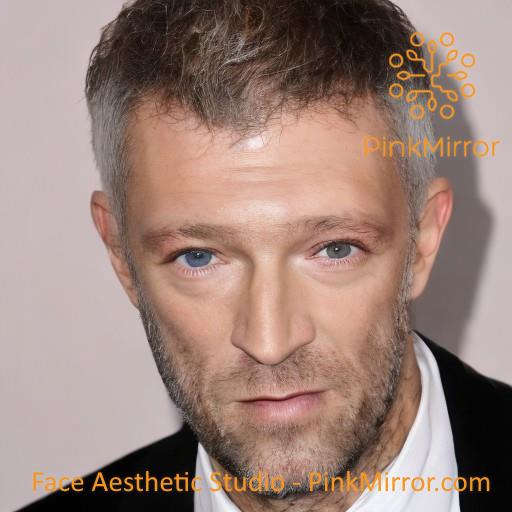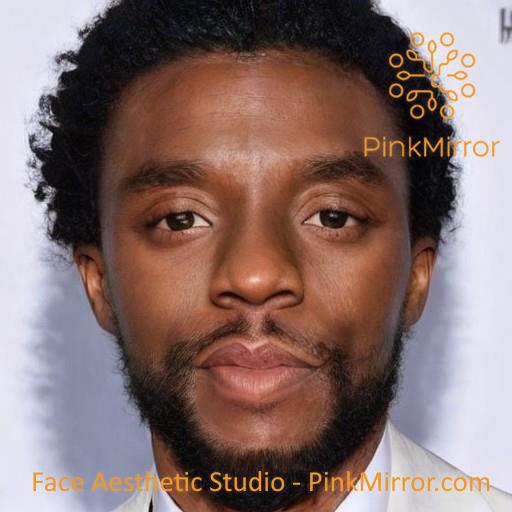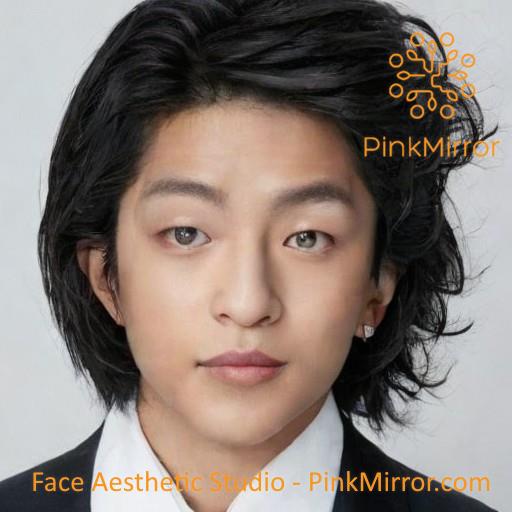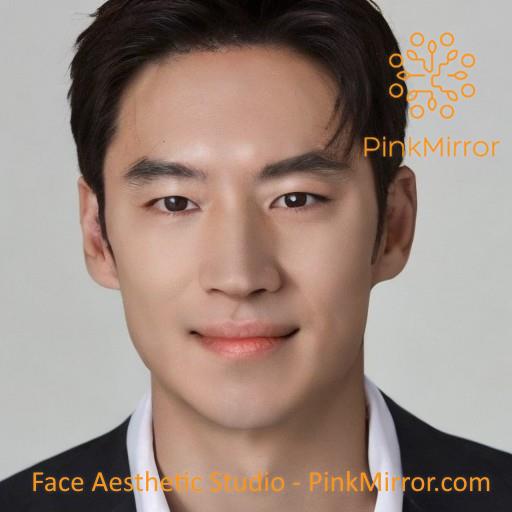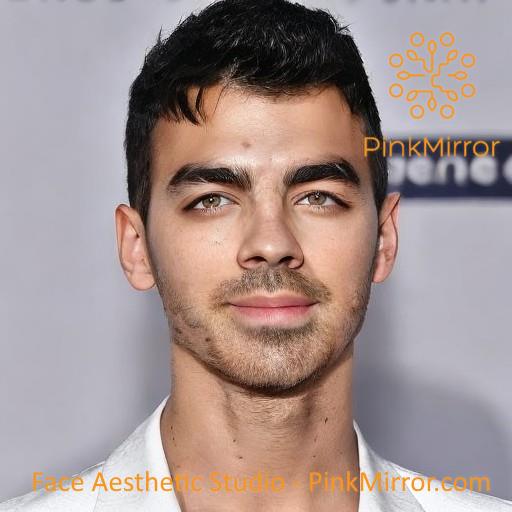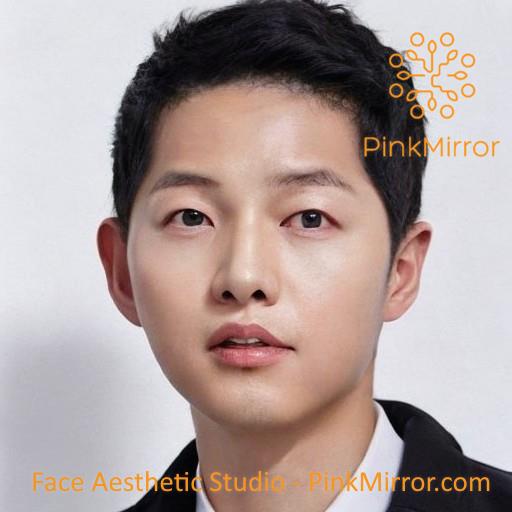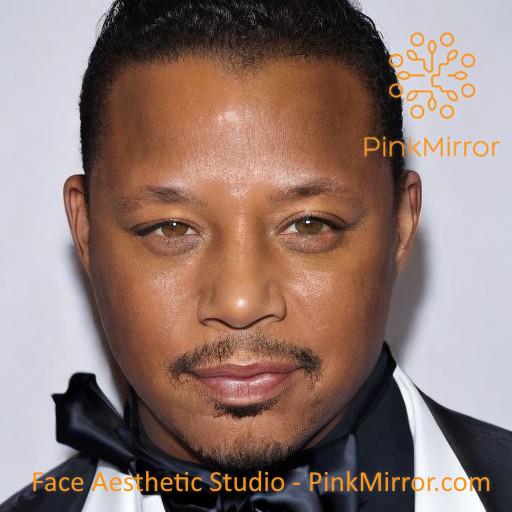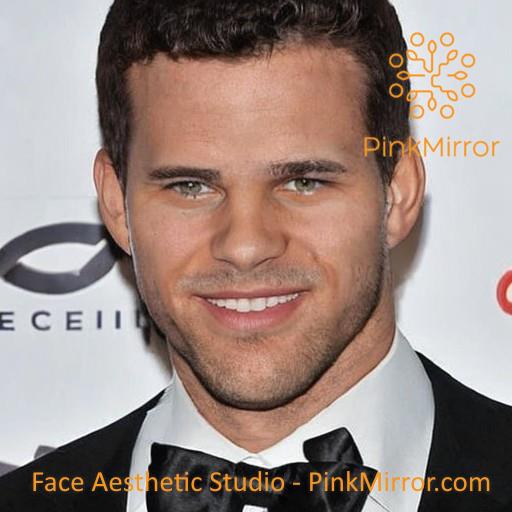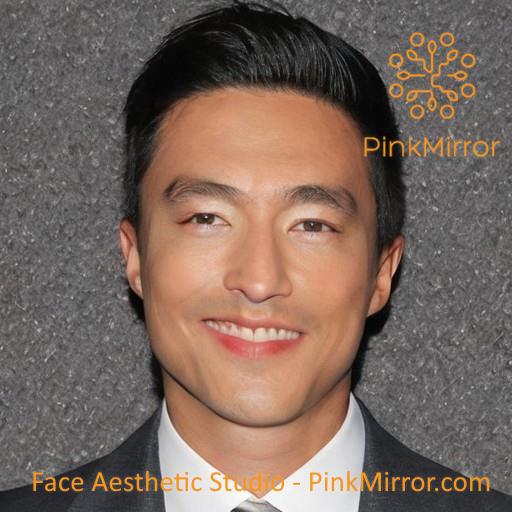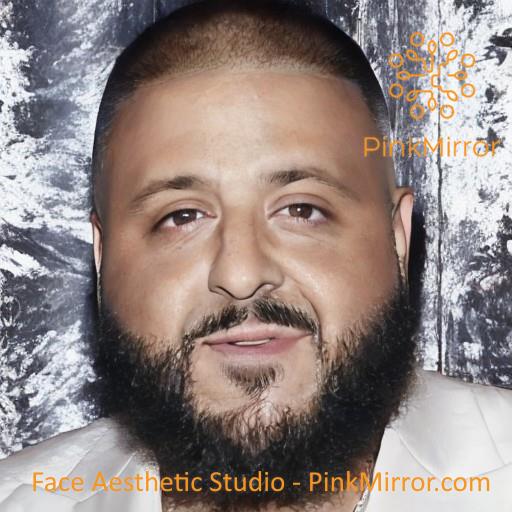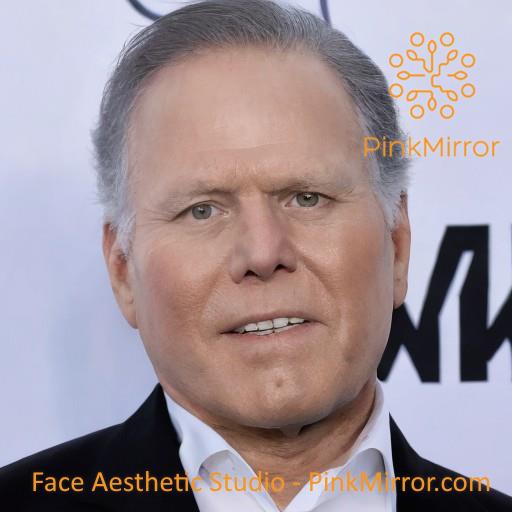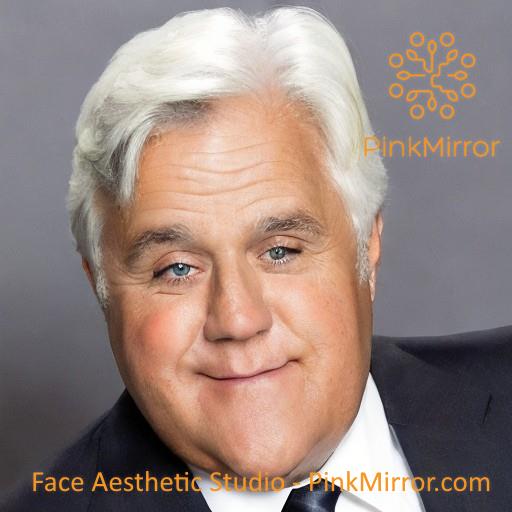Chris Hemsworth - Facial Feature - Bi Zygomatic Width
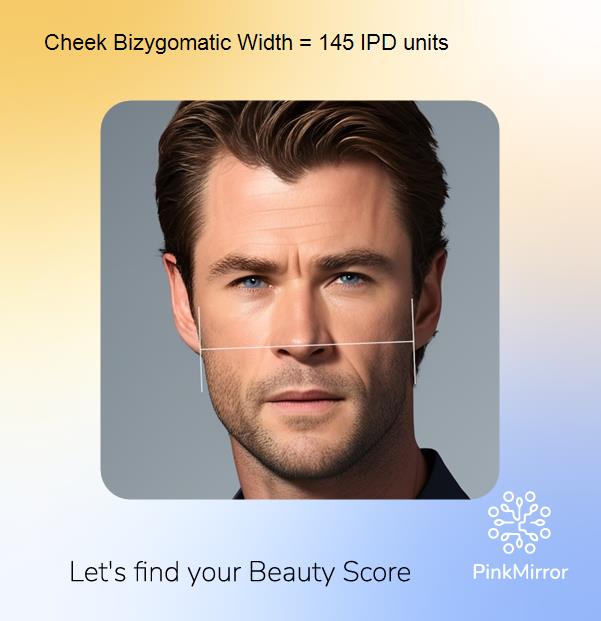
Your cheek falls into the large bizygomatic-width category, which is considered a high attractiveness among the five male cheek bizygomatic-width types. That’s often seen as very appealing by current standards. Here’s how each category is generally perceived: smallest – low attractiveness, small – low attractiveness, average – high attractiveness, large – high attractiveness, largest – low attractiveness.
- Most Attractive
- Least Attractive
- Your Score
Why is a larger Bi-Zygomatic-Width Ratio attractive?
Bi-Zygomatic Width is the distance between the most prominent points of the cheekbones. A larger Bi-zygomatic-Width is considered attractive for males, whereas, a smaller one is considered as attractive for females. Research spanning various journals has delved into facial differences between males and females. Velemínská et al. (2012) in the Journal of Comparative Human Biology discussed how puberty in males, influenced by testosterone, leads to facial elongation, smaller eyes, and wider cheekbones, among other features. This suggests males have closer-set eyes compared to females. This observation aligns with Cunningham et al. (1990) from the University of Louisville, where male drawings with smaller eyes were deemed more attractive and dominant. Contrarily, Schmid et al. (2008) in The Journal of Pattern Recognition Society found wider eye spacing to be attractive in females. Such differences have given rise to terms like “aggressive hunter eyes” in males and “submissive dove eyes” in females. Another dimension to facial differences is the cheekbone width. Lakhiani and Somenek (2019) and Velemínská et al. (2012) both concur that males possess wider cheekbones. In summary, males typically have closely set eyes and broader cheekbones than females.
Read the detailed study with exact scientific references
Choose a recommendation and track your weekly progress:
Cautionary Note: It's important to note that each individual's skin is unique and may respond differently to various treatments. Always conduct a patch test when trying new products or ingredients, and consider consulting a dermatologist before beginning any advanced treatments.


